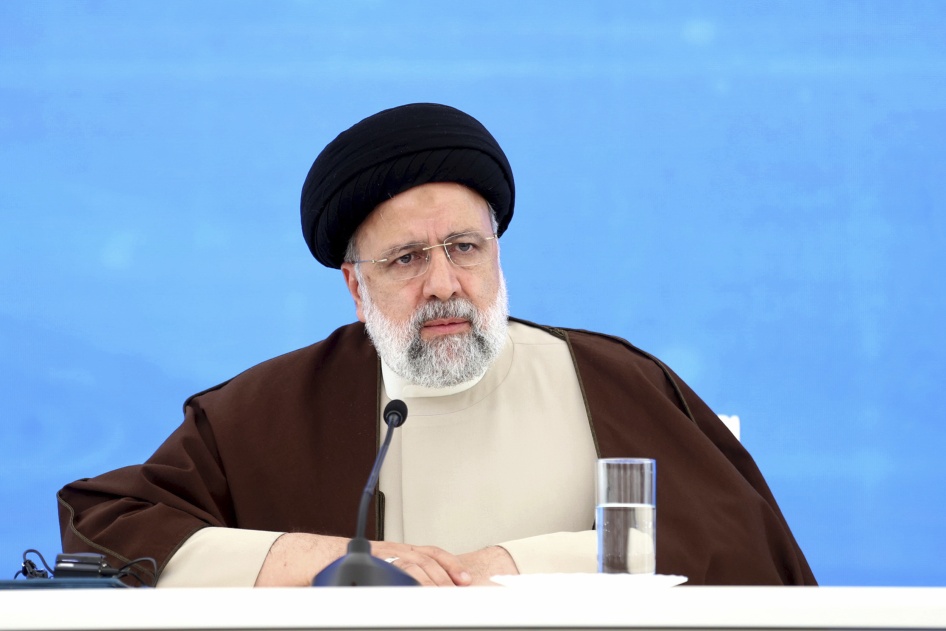Iranians woke up on Monday to the news that President Ebrahim Raeesi, Foreign Minister Amir Abdollahian, and several other government officials were killed in a helicopter crash in Iran’s East Azerbaijan province. How Raeesi’s death will affect human rights in the country is already the subject of much commentary.
Since the early years after the 1979 revolution, no high-level Iranian officials have been held to account for serious human rights violations, and Raeesi is closely affiliated with this legacy of abuse. Many families have placed Raeesi near the top of the list of officials they wished to see brought to justice for the government’s most egregious crimes.
Raeesi was one of four people who sat on a panel and issued death sentences against thousands of political prisoners in 1988. These panels made a mockery of fair trial standards, and the resulting mass executions should be investigated as crimes against humanity.
Raeesi formerly headed Iran’s judicial branch, and when he served as president, the executive branch. He bore significant responsibility for many repressive policies, including the deadly crackdowns against widespread protests in 2019 and the 2022 “women, life, freedom” protests following Mahsa Jina Amini’s death while in the morality police's custody. Raeesi also shoulders much responsibility for the executions of protesters after unfair trials, prosecution of peaceful dissidents, and the enforcement of the country’s abusive, compulsory hijab laws.
Yet it is important to recognize that Iran’s repressive machinery goes beyond the power of the president. Absent fundamental change, these violations can be expected to continue.
Under Iran’s constitution, a presidential election should be held within 50 days. Authorities are reportedly considering June 28 as the tentative date. Historically, Iran’s presidential elections have been far from free or fair, but they offered a narrow opportunity for parts of society and candidates to weigh in on issues, including some social and political freedoms.
For more than a decade, Iran’s Guardian Council has led the way in systematically disempowering elected bodies as spaces to influence government policy, including by narrowing the pool of eligible candidates so that even the speaker of the parliament was disqualified from the 2021 presidential elections.
Absent a major shift in the political landscape, don’t expect that Raeesi’s passing is going to bring real changes in human rights to Iran.








